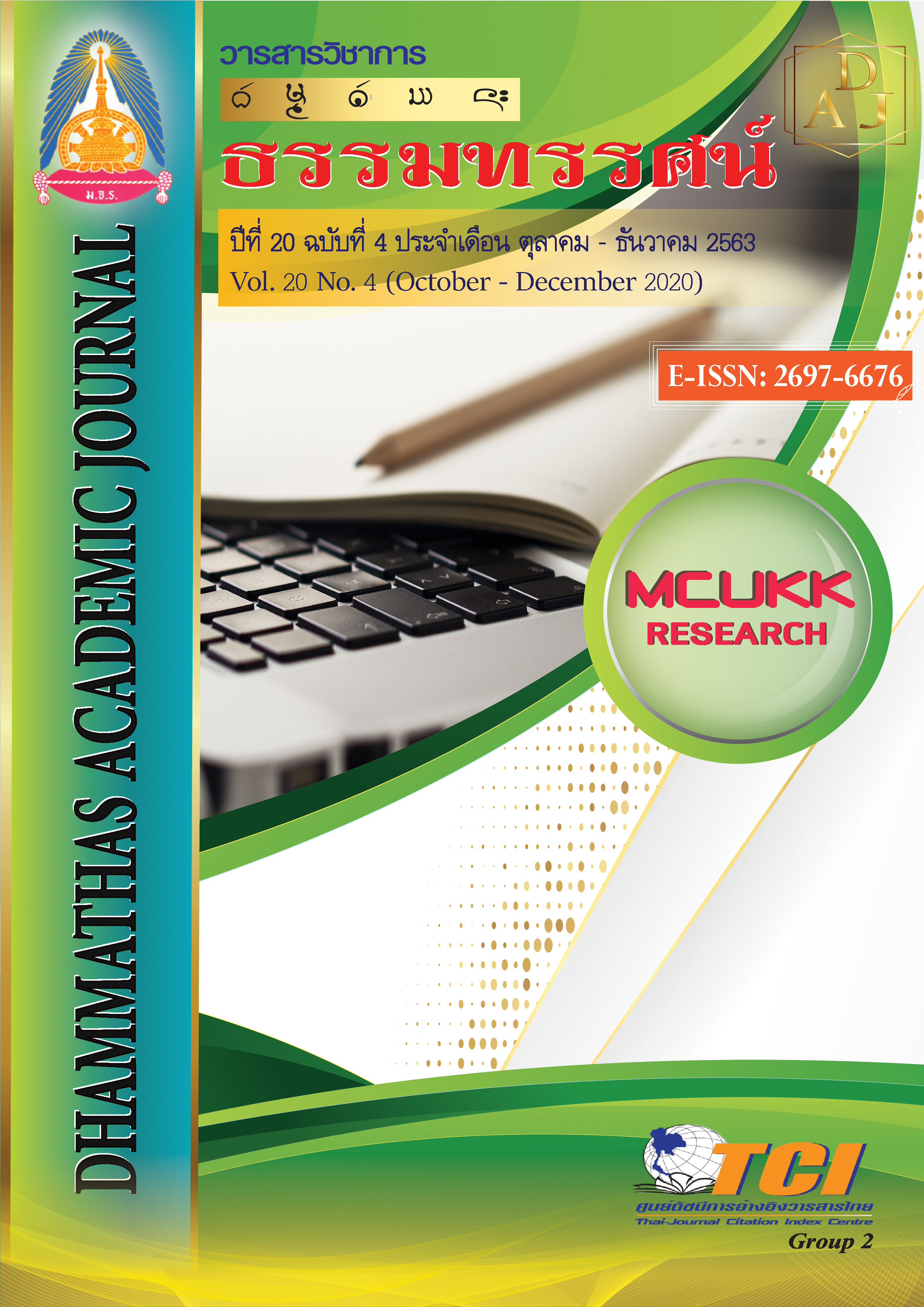Crisis Organization Management Case Study: COVID-19 Viral Infection
Main Article Content
Abstract
This article is intended to manage the organization by using the coronary epidemic disease epidemic 2019 or COVID-19 viral disease as a case study. With the analysis results that is one type that must be managed in order to not cause the impact to occur in each area urgently, appropriately and efficiently, because the spread of COVID-19 is a condition that the organization experienced unexpected events before, or may be a danger to organizations and interested parties Is a factor outside the organization difficult to control and manage resulting in the operation might be disrupted financial problems and affect the employees of the organization become a national economic problem penetration is a global economic problem.Good management methods cause economic pressure or find it difficult to resolve or feel some relief.
Article Details
References
ASIS International. (2019). Organizational Resilience: Security, Preparedness, and Continuity Management Systems-Requirements with Guidance for Use ASIS SPC 1-2009. https://www.amazon.com/Organizational-Resilience-Preparedness-Continuity-Requirements/dp/1887056920 (Accessed 12 March 2020).
Bangmo, S. (1995). Organization and management. Bangkok : Wittayapat.
Chen, C. J., et al. (2010). Knowledge management and innovativeness: The role of organizational climate and structure. International Journal of Manpower, 31(8), 848-870.
Flippo, Edwin, B. (1970). Principle of Personnel Management. New York : Mc Graw-Hall Inc.
Harlan, C. and Morris, L. (2020). Italy ramps up coronavirus lockdown, Merkel warns virus could infect two-thirds of Germany. https://www.seattletimes.com/nation-world/italy-ramps-up-coronavirus-lockdown-bringing-country-to-near-total-economic-standstill/ (Accessed 12 March 2020).
Huang, C., et al. (2020). Clinical features of patients infected with 2019 novel coronavirus in Wuhan, China. The Lancet, 395(10223), 497-506.
ISRA News Agency. (2020). Principle 5 R. and new roles, Post Crisis era, COVID-19. https://www.isranews.org/article/isranews-scoop/87272-postcovid.html (Accessed 1 June 2020).
Santiwong, T. (1994). Organization theory and design. Bangkok : Thai Wattanapanich.
Schneider, B., et al. (2013). Organizational Climate and Culture. Annual Review of Psychology, 64(-), 361-388.
Yuen, K. F., et al. (2020). The psychological causes of panic buying following a health crisis. International Journal of Environmental Research and Public Health, 17(10), 3513.

